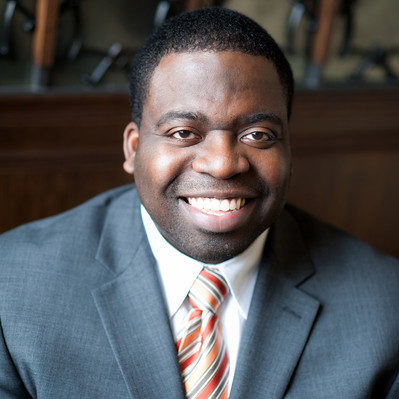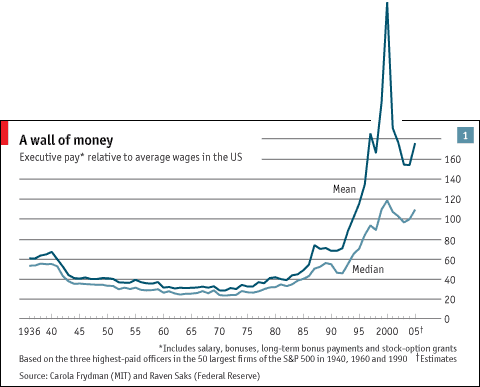According to Andrew Sullivan, we should acknowledge success more.
Why are so many on the left incapable of acknowledging that many people who are rich – but, of course by no means all of them – earned it the hard way
It’s because many (not some) of them are still grossly overpaid and their largess serves as a drain on the earning potential of every employee in their company. Let’s look at Meg Whitman’s success:
Her worst decision at eBay — to buy internet phone service Skype for over $4 billion in 2005 — bled billions in eBay’s value. It was a huge waste of money whose consequences were passed on to employees and shareholders. The effects are still being felt by the company today, over five years after Whitman’s disastrous decision.
Whitman’s fabled $1 billion in wealth was acquired in the first few months of her tenure, well before she could muck the company’s bottom line up. That billion-plus that eBay’s directors handed Whitman was perhaps the easiest billion anyone has ever been handed in corporate history: eBay hired Whitman in March 1998, when the company was already the tech world’s darling. Just six months after she joined, eBay went public, making Meg Whitman an overnight billionaire thanks to stock options that allowed her to buy eBay stock at just 7 cents a share, and sell them on the market for as high as $170 per share.
We shouldn’t assume that wealth means success. The real problem here is executive pay in publicly traded companies. Many are overpaid vs. the real performance of their company under their leadership.
To add to the grievance, many executives did not seem to deserve such rewards. Extraordinary pay for great performance is fine, it is routinely said. But many executives have been paid a fortune for presiding over mediocrity. The Corporate Library, an American corporate-governance consultancy, last year identified 11 large and well known but poorly governed companies, including AT&T, Merck and Time Warner, where the chief executive had been paid at least $15m a year for two successive years even as the company’s shares had underperformed. Robert Nardelli received a $210m pay-off when he lost his job earlier this month even though the shares of his company, Home Depot, fell slightly during his six years in charge. Carly Fiorina, ejected from Hewlett-Packard almost $180m better off—including a severance payment of $21.6m—after a lacklustre tenure as chief executive, let it be known in her autobiography that money was not important to her. Not everyone believed her.
via A survey of executive pay: In the money | The Economist.
Some US and British executives are overpaid vs their peers from other nations within their own industry:
It has not only revealed a few high earners (a source of shame in Japan), but exposed wide divergences in pay, especially between Japanese nationals and a few foreign star executives. For example Nissan’s boss, Carlos Ghosn, earned around $9.5m last year—one hundred times the pay of Masamoto Yashiro, the departing boss of Shinsei Bank, who took home just $95,000. Sir Howard Stringer of Sony received more than $8m if stock options are included. His counterpart at Panasonic earned a modest $1.2m. Takeda Pharmaceutical paid its America-based global sales chief $6m, twice as much as its chief executive back in Japan.
Four non-Japanese executives of Shinsei Bank, which is around a quarter owned by the state following a bail-out in the late 1990s, have been forced out, in large part because of their seemingly outsized pay packages, which exceeded the $1m disclosure limit. Among them was the chief financial officer, Rahul Gupta, despite his having managed to increase the bank’s capital-adequacy ratio last year even as the bank suffered losses of more than $1.5 billion. Furthermore, the Shinsei executives’ pay was determined by an independent compensation committee of the board, unlike that of most of their Japanese peers.
via Japanese executive pay: Spartan salarymen | The Economist.
Whitman’s leadership was a cash drain on E-Bay. She was a huge wealthy failure. Same with Fiorna who boosted earnings by bleeding out talent with layoffs, not by improving HP. Let alone departing executives at Bear Sterns and Lehman Brothers, the US Auto makers and countless other organizations. When people don’t acknowledge the wealthy, it may be because they only are good at harnessing wealth for themselves. US executives have (on average) the largest disparity of yearly earnings vs. their workers of any industrialized nation. Sullivan needs to acknowledge that we need to be better at judging success before we applaud it.

